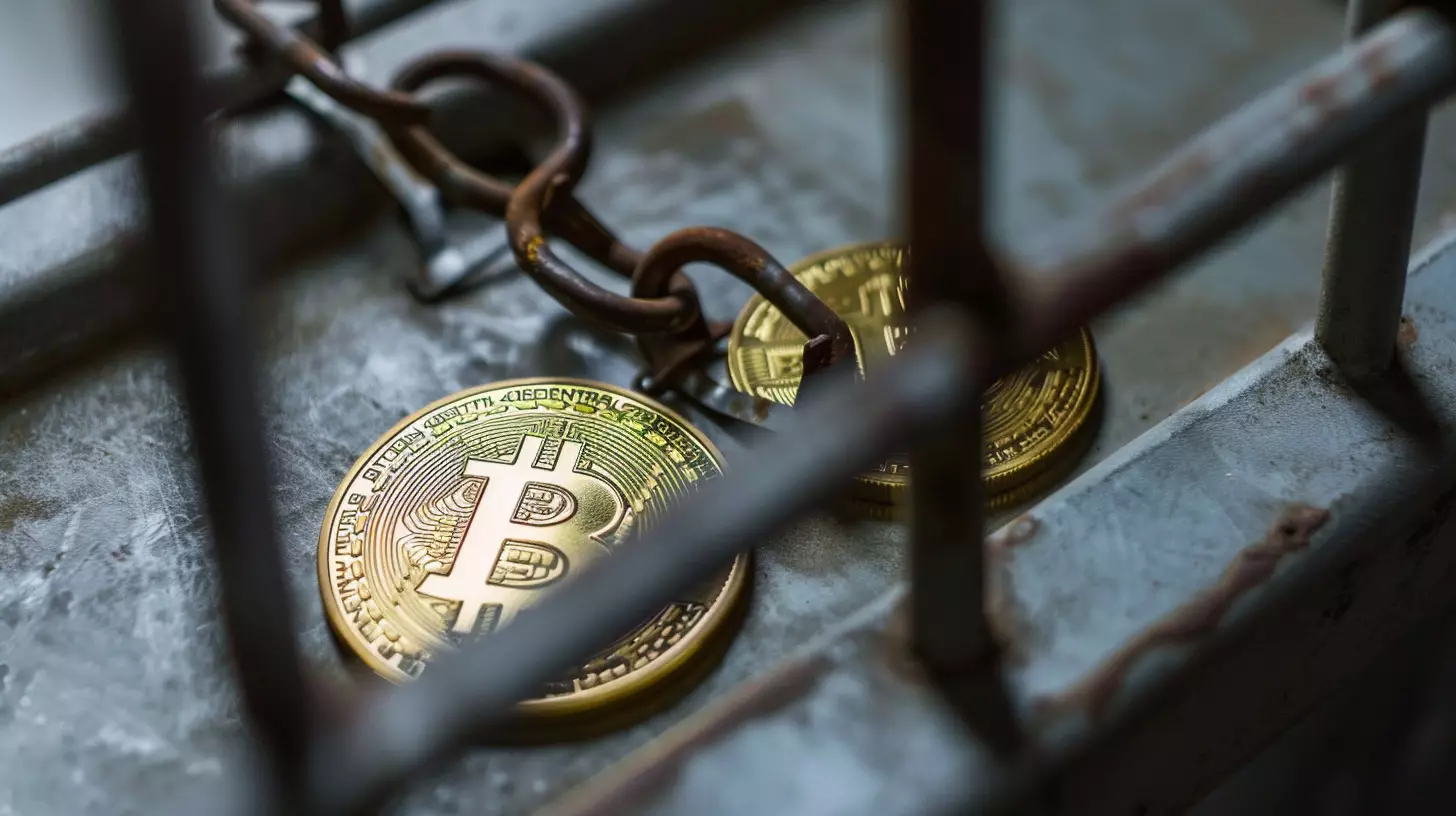The recent guilty plea of Russian national Alexander Vinnik, the operator of the infamous crypto exchange BTC-e, sheds light on the dark underbelly of the cryptocurrency world. Vinnik’s involvement in money laundering activities through BTC-e, which was one of the largest crypto exchanges globally between 2011 and 2017, highlights the ease with which illicit funds can be transferred, laundered, and stored using digital assets. This case serves as a stark reminder of the importance of stringent regulations and oversight in the cryptocurrency industry.
One of the concerning aspects of the BTC-e case is the absence of a vetting system that allowed criminals to convert illicit cash into cryptocurrencies like Bitcoin anonymously. Prosecutors revealed that BTC-e facilitated transactions linked to a Russian military hacking unit responsible for meddling in the 2016 U.S. elections. This lack of due diligence on the part of crypto exchanges not only enables money laundering but also poses a significant risk to national security and democratic processes.
The recent crackdown on crypto-related fraud in the U.S. has seen prominent figures in the industry facing severe legal repercussions. From Sam Bankman-Fried, the co-founder of FTX exchange, being sentenced to 24 years in prison for orchestrating a multi-billion dollar fraud scheme, to Do Kwon, the founder of Terraform Labs, being held liable for fraud that led to the collapse of his company and wiped out billions from the market, the consequences of fraudulent activities in the crypto space are grave.
The case of Changpeng Zhao (CZ), the founder of Binance, further underscores the need for robust regulatory frameworks and accountability measures in the cryptocurrency sector. CZ’s sentencing to four months in prison for failures that allowed illicit activities, including criminal and terrorist financing, on the Binance platform, serves as a wake-up call for industry players to prioritize compliance and transparency. The willingness of Binance to pay a record fine and submit to monitoring signals a shift towards greater accountability within the industry.
As the cryptocurrency market continues to evolve and attract mainstream attention, it is imperative for regulators, law enforcement agencies, and industry participants to work together to uphold integrity and security. The cases of Vinnik, Bankman-Fried, Kwon, and Zhao serve as cautionary tales for those tempted to exploit the anonymity and decentralized nature of cryptocurrencies for illicit gains. By learning from past mistakes and implementing stringent measures, the crypto industry can mature and thrive in a sustainable and ethical manner.

